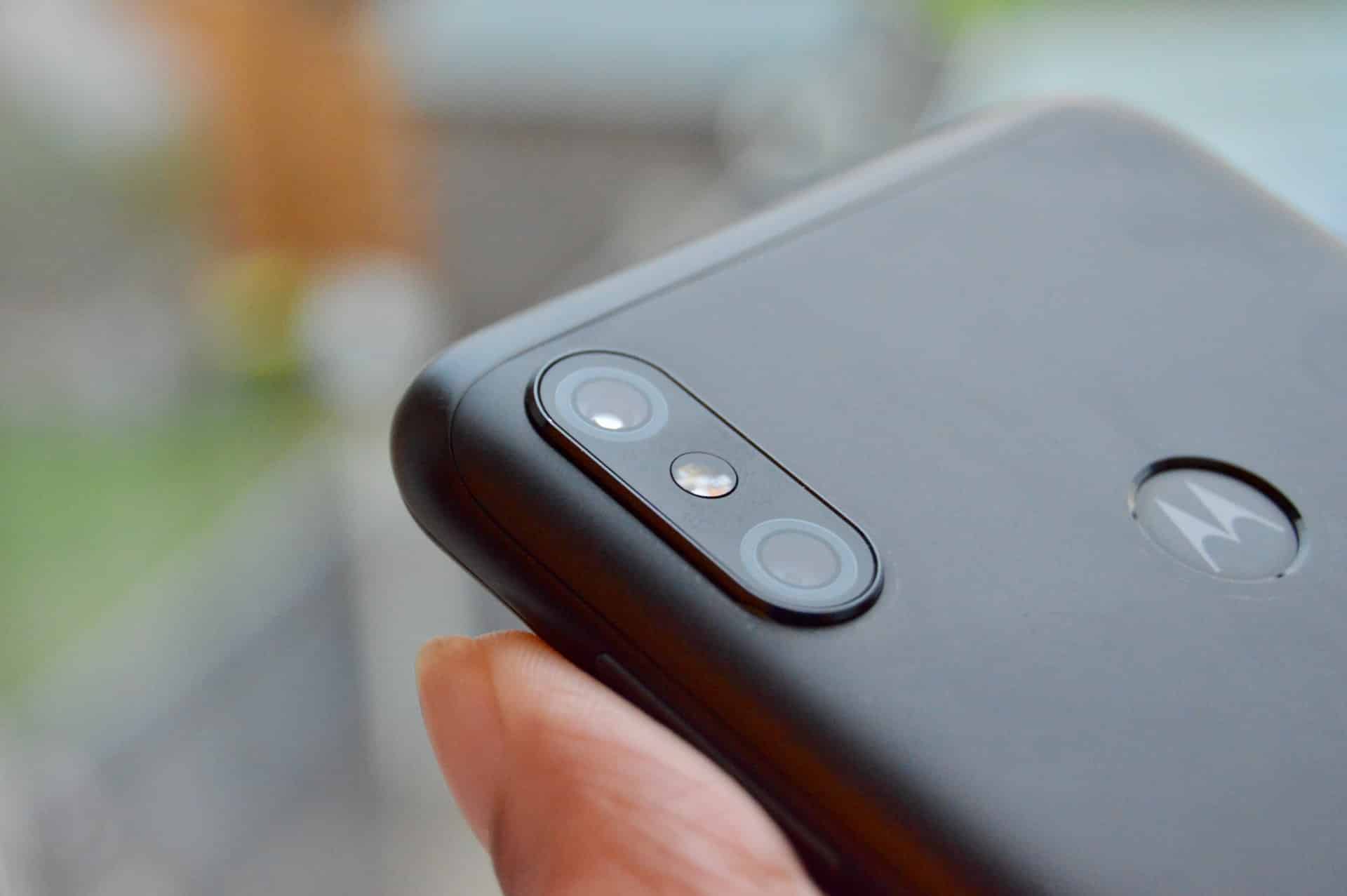Although many of us use our phones more than our computers, we take our mobile security less seriously. Our laptops and desktops are usually defended by sophisticated cybersecurity software. We take precautions when surfing the Internet from our computers. But we’re less proactive about protecting our mobile devices.
Hackers are taking advantage of this. Malware threats are growing against Android devices. For example, a new Android ransomware called Lucy threatens FBI action unless you hand over credit card details. If you don’t pay within three days, the amount triples. Meanwhile, your valuable data is inaccessible.
IMAGE: UNSPLASH
What Is Ransomware?
Ransomware is an emerging form of malware. It locks people out of their devices and demands an anonymous online payment to restore access. Unfortunately, there’s no guarantee even after payment is made.
Toughen Your Security
The best way to protect your Android device is to be proactive. Visit Malwarebytes.com for an advanced version of antivirus software that shields against malware, ransomware, and other increasingly serious threats to Android devices. You trust these cybersecurity experts to safeguard your computer. Now let them turn your Android phone into Fort Knox.
- Proactive: The real-time protection shield detects ransomware before it can lock your device.
- Safe browsing: The software scans for phishing URLs when you’re using the Chrome browser to keep your mind at ease.
- Privacy Audit: All apps on your Android device are audited for safety and security.
- Malware Scanner: All files are quickly and effectively scanned for malware and other unwanted programs.
- Fast: All this protection is in a surprisingly light package that leaves your Android device running smoothly.
Be Smart About Bluetooth And WiFi
Only enable Bluetooth and WiFi in your Android device’s settings when you need to. Hackers can connect to your phone through Bluetooth and quickly download your data while you’re in range. They can also use Bluetooth to make calls and send text messages through your phone.
Likewise, hackers can use your active WiFi setting to examine the networks you connect to regularly. They can use this information to target your device with fake WiFi hotspots. Only connect to secure and trusted WiFi networks. Otherwise, you risk exposing your personal data to hackers and contracting malware.
Keep Your Software Updated
Don’t use apps from untrustworthy sources. Always download apps for your Android from Google Play. But remain vigilant. Even Google Play has hosted some unsafe apps. Let apps update automatically to avoid security issues. Likewise, keep your operating system updated. Sometimes, the latest mobile updates patch critical security flaws.
Recognize Phishing Scams
Avoid visiting questionable websites and don’t click on ads that appear shady. Recognize phishing attempts in order to protect your data. Hackers target users through messaging apps to obtain sensitive information. For example, they may send a fake email from your bank that asks for your account details.
With so much sensitive personal information on your Android device, you can’t afford to ignore its security. But with the best cybersecurity software and by adopting the right practices, you can use your Android device with confidence.
If you are interested in even more technology-related articles and information from us here at Bit Rebels, then we have a lot to choose from.


COMMENTS